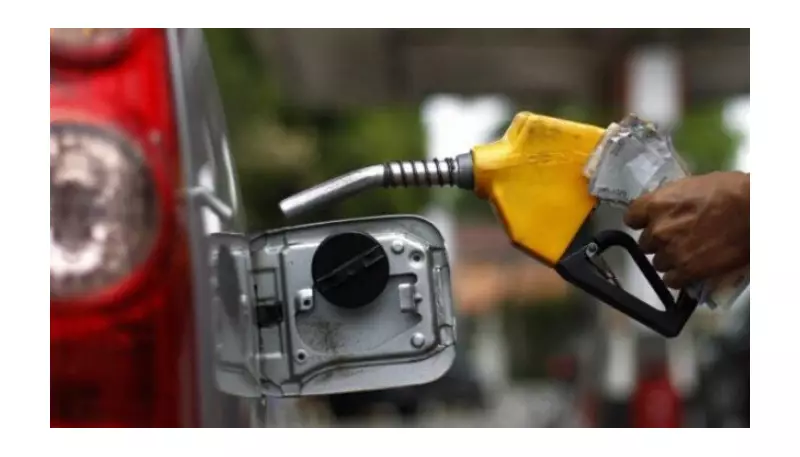
In a significant development for Nigeria's energy landscape, prominent petroleum marketers have issued a strong warning against the emergence of monopolistic practices that could undermine fair competition in the downstream oil sector.
The Depot and Petroleum Products Marketers Association of Nigeria (DAPPMAN) and the Major Oil Marketers Association of Nigeria (MOMAN) have jointly expressed deep concerns about what they describe as uneven access to critical national infrastructure. These industry leaders argue that certain players are gaining disproportionate control over storage facilities and distribution networks.
Level Playing Field Demands
According to industry insiders, the associations are pushing for transparent and equitable access to petroleum product storage depots, jetties, and other essential facilities. They emphasize that without such access, smaller operators risk being squeezed out of the market, ultimately reducing competition and potentially harming consumers.
"When a few players control most of the infrastructure, it creates an environment where genuine competition cannot thrive," explained a representative from one of the marketing associations. "We're advocating for policies that ensure all legitimate operators can access these facilities under fair and transparent terms."
Consumer Impact Concerns
The marketers highlight that reduced competition could eventually lead to higher prices at the pump and diminished service quality for Nigerian consumers. They point to the importance of maintaining multiple players in the market to ensure that market forces effectively regulate pricing and service standards.
Recent developments in the sector have intensified these concerns, with some marketers reporting challenges in accessing products through the usual channels. This has raised questions about the distribution mechanisms currently in place and whether they adequately serve all industry participants.
Call for Regulatory Intervention
The associations are calling on regulatory bodies and government agencies to implement measures that would prevent any single entity from dominating the market. They stress the need for clear guidelines governing access to national assets and transparent operational procedures.
Industry analysts note that the outcome of this debate could significantly shape the future of Nigeria's petroleum distribution network. As the country continues to navigate challenges in its energy sector, ensuring fair competition remains crucial for market stability and consumer welfare.
The petroleum marketers maintain that their position is not about opposing any particular company but about preserving the competitive landscape that benefits the entire Nigerian economy and its citizens.





